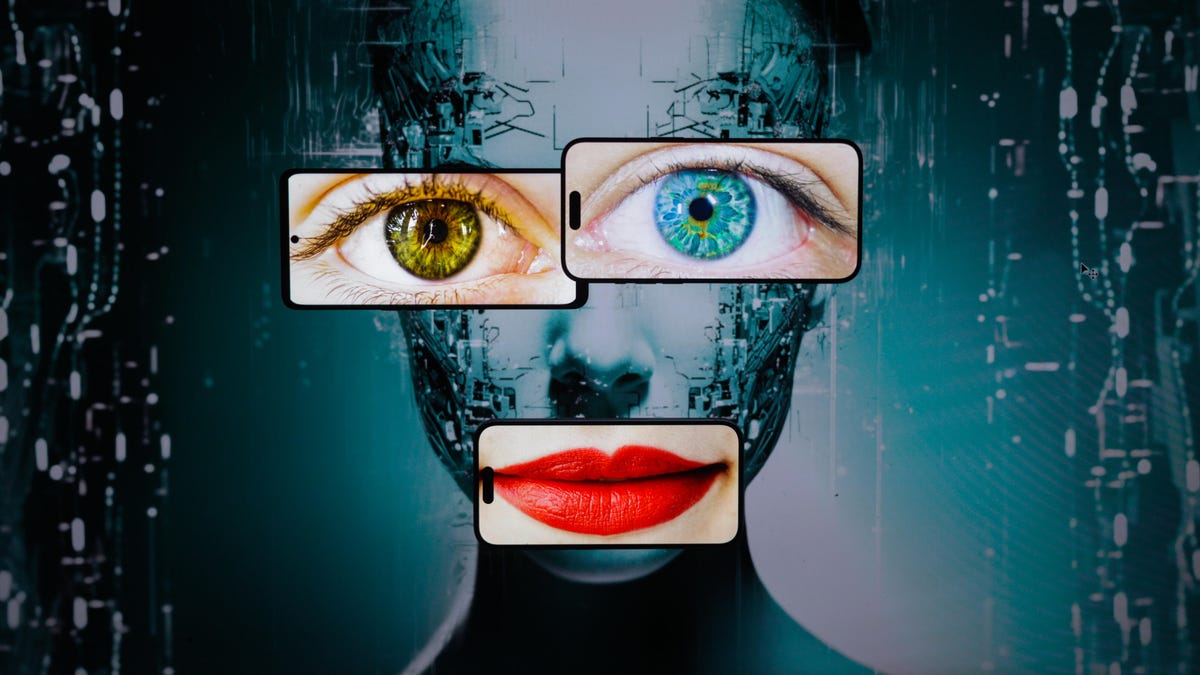August 14, 2025
5 min read
@CNET
AI Agents Now Drive a Third of Brand Search Traffic, Transforming SEO Strategies
AI agents are engaging in brand searches at a scale equivalent to a third of traditional organic search traffic, according to a recent report from digital marketing company BrightEdge. This shift signals a major change in how brands will approach search engine optimization (SEO) as AI tools become central to consumer research and recommendations. BrightEdge defines an AI agent as any AI tool that performs tasks on a user's behalf. For example, when a user asks ChatGPT to find the most cost-effective bikes for teenagers to ride on gravel, the AI uses its live web browsing feature to search across bicycle brands and gather relevant information. Other popular AI search agents include Google's Gemini, Perplexity, Microsoft Copilot, and Claude. The report highlights that truly "agentic AI" goes beyond chatbots by performing complex tasks such as booking flights or ordering food, exemplified by the recent launch of ChatGPT Agent, which operates in a virtual desktop environment. Jim Yu, CEO of BrightEdge, commented on the evolving landscape: "First, we'll be delegating more decision-making and prioritization to large language models (LLMs) — similar to how Google became the main entry point to the web, but this time with multiple players like Google, ChatGPT, and potentially others. Second, we'll gain the ability to match and research products and services at a level of detail that simply wasn't practical before. The flip side is that what you see will depend on what the AI finds and prioritizes, which will have implications for transparency, diversity of results, and accuracy." As AI adoption grows, humans are increasingly offloading informational synthesis to machines, making research faster and more tailored. Consumers can now find products suited to very specific requests without sifting through reviews and comments themselves.Optimizing for AI
Marketers and SEO experts are adapting to this new reality by shifting focus from traditional Google Search optimization to AI optimization. Previously, a shoe brand might have aimed to rank highly for keywords like "shoes" or "sneakers" on Google. Now, brands must also ensure their products are recommended by AI chatbots like ChatGPT. This requires a combination of SEO techniques and generative engine optimization (GEO), which involves structuring online content so AI tools can easily interpret it. Since AI systems aim to understand user intent deeply, brands need to optimize for more complex variables and structured data. Yu warns against trying to game AI algorithms: "History shows that gaming the algorithm never leads to high-quality results. At some point, the company supplying the answers must step in to address it or risk losing users to better alternatives." AI chatbots also face risks like prompt injection, a malicious technique that tricks AI into altering responses. While this is a concern, Yu believes AI companies will develop safety measures to mitigate such vulnerabilities. "The difference is that AI systems have the potential to cross-check information and apply richer quality signals than traditional search," Yu added. "At the core, brands still need to focus on creating trustworthy, authoritative content and monitoring how they're represented in AI-driven answers." Disclosure: Zziff Davis, CNET's parent company, filed a lawsuit against OpenAI in April alleging copyright infringement in the training and operation of its AI systems.Source: CNET

